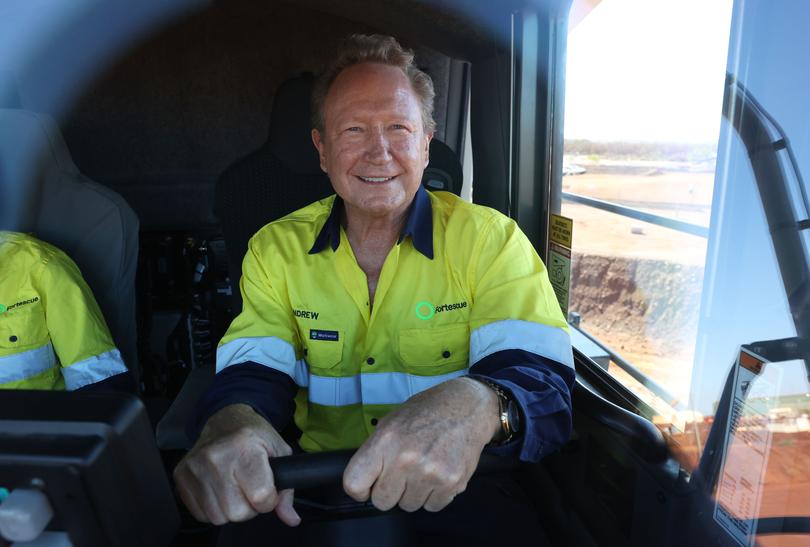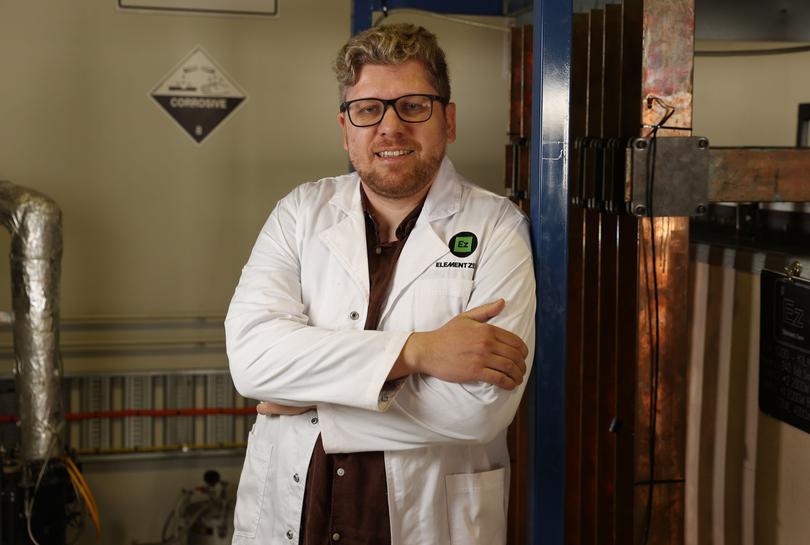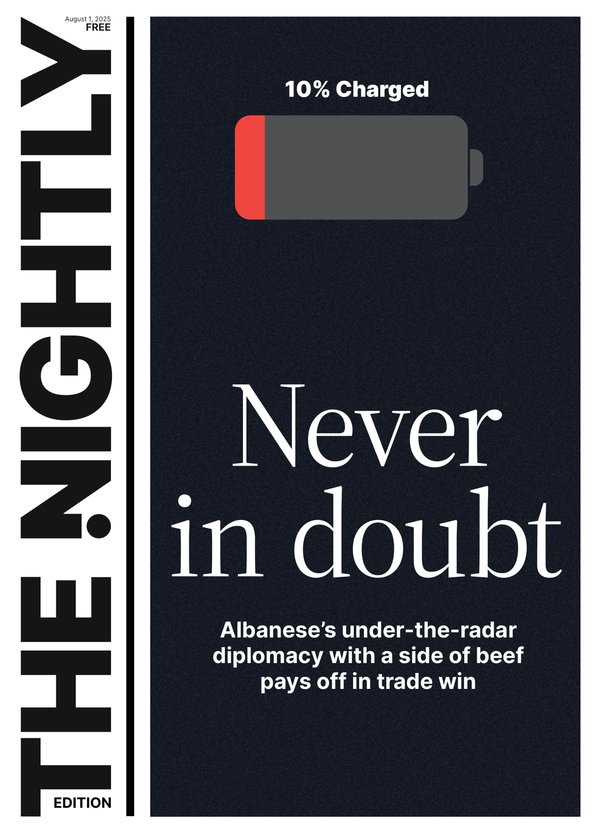Fortescue v Element Zero: Miner’s ‘missing documents’ theory behind dramatic ex-staffer search ‘preposterous’

Fortescue’s claim that two scientists stole intellectual property before quitting the miner and then deleting the critical documents is “absolutely preposterous”, a court has been told.
The miner is suing scientists Bart Kolodziejczyk and Bjorn Winther-Jensen in the Federal Court, accusing them of founding Malaga-based Element Zero based on a green metals processing method that they hatched while working for the iron ore giant.
Fortescue says “much” of the research they undertook on a process to reduce iron oxide to iron using ionic liquid electrolytes was taken without permission when they resigned in late 2021 and used at the new company.
Sign up to The Nightly's newsletters.
Get the first look at the digital newspaper, curated daily stories and breaking headlines delivered to your inbox.
By continuing you agree to our Terms and Privacy Policy.
The miner successfully secured a search order of their office and homes from Federal Court judge Melissa Perry, seizing vast volumes of documentation.
But Dr Kolodziejczyk says he did not work on an ionic process at Fortescue and that from early 2021 to October 2021, just before he quit, he was, in fact, developing green cement for the company.
His barrister, David Studdy SC, said that as far as he was aware, work on the ionic process at Fortescue was “not pursued” and that in seeking the search orders, the miner had not produced any board reports, funding requests or other documents referring to the project to demonstrate otherwise.
One would think they “independently might exist”, the barrister argued.
Mr Studdy said Fortescue had effectively gone fishing for stolen and then deleted documents without proving to the court that the search was warranted.
“This missing documents theory — I was going to say something about a house of cards - is absolutely preposterous,” he said.

“The reason why there aren’t documents ... this is all embryonic.
“All they were doing was discussing the concept.”
An email sent to the scientists by Fortescue founder and chair Andrew Forrest in December 2020 was read out to the court. It asked them to “set up a decent facility in Perth and properly prove or disprove the concept” so Fortescue could establish a metals processing plant in the Pilbara.
Mr Studdy read other documents that he said showed Fortescue “pivoted away from ionic research”.
Dr Winther-Jensen also said the systems he worked on at Fortescue were very different to Element Zero’s technology.
In his affidavit, Dr Kolodziejczyk said that the sudden raid scooped up the entire contents of the Element Zero server, his personal laptop, and his mobile phone, which contained private correspondence.
He said he was very concerned that this included privileged or highly confidential material, including R&D he did prior to working at Fortescue, past academic work, and content that belonged to third parties and did not relate to Fortescue’s case.
Former senior Fortescue executive Michael Masterman, who previously worked closely with Mr Forrest at the ill-fated Anaconda Nickel, is also a party to the proceedings, providing $3.8 million in funding for Element Zero.
The hearing before Federal Court Judge Brigitte Markovic is scheduled to continue on Tuesday.

When Mr Studdy indicated he would take up much of the court’s time on Monday, Fortescue’s lawyer, Julian Cooke SC, stood up and remarked: “That’s preposterous”.
“I had anticipated this was two days, and we’d share the time, which would be the traditional way,” Mr Cooke said.
Originally published on The Nightly
